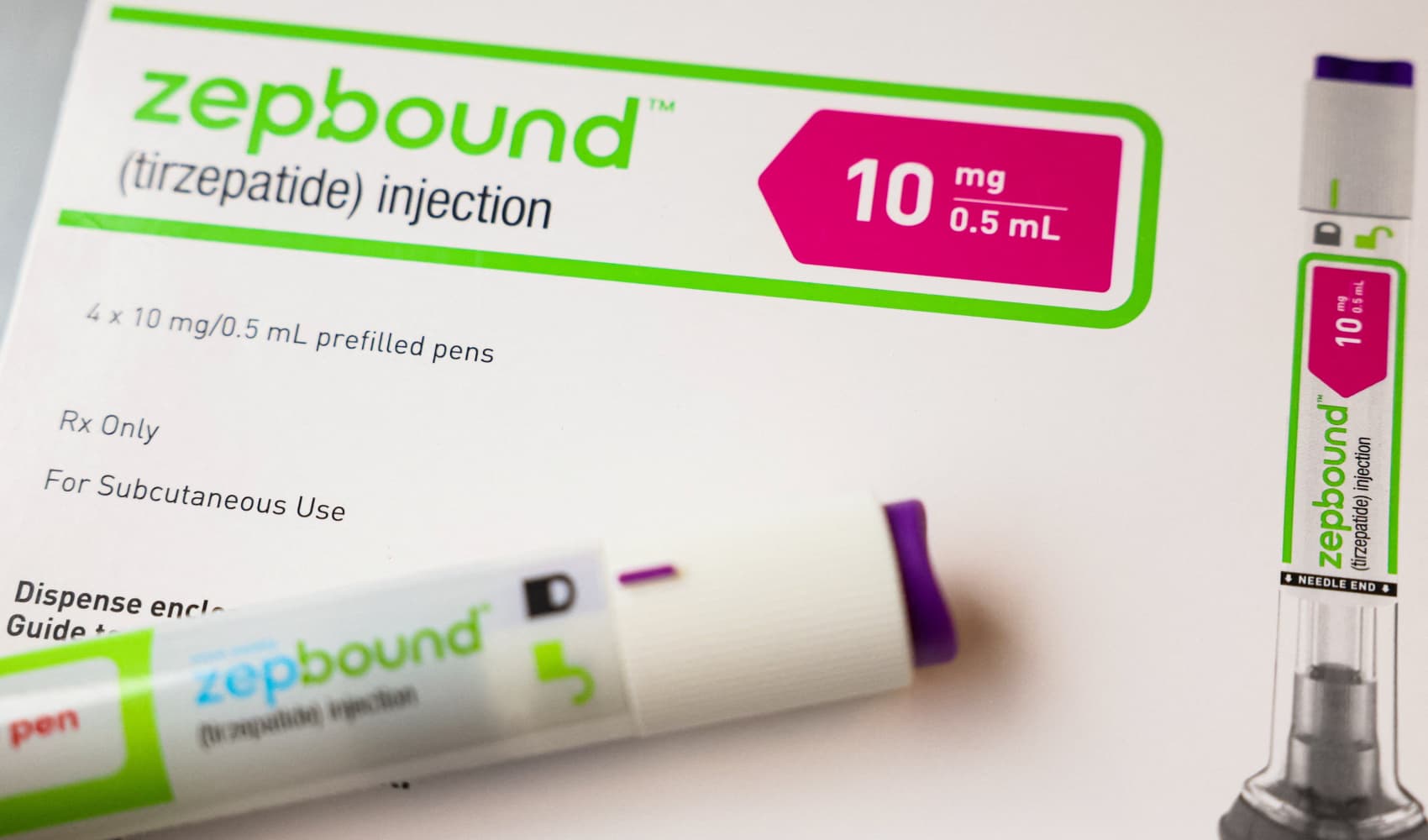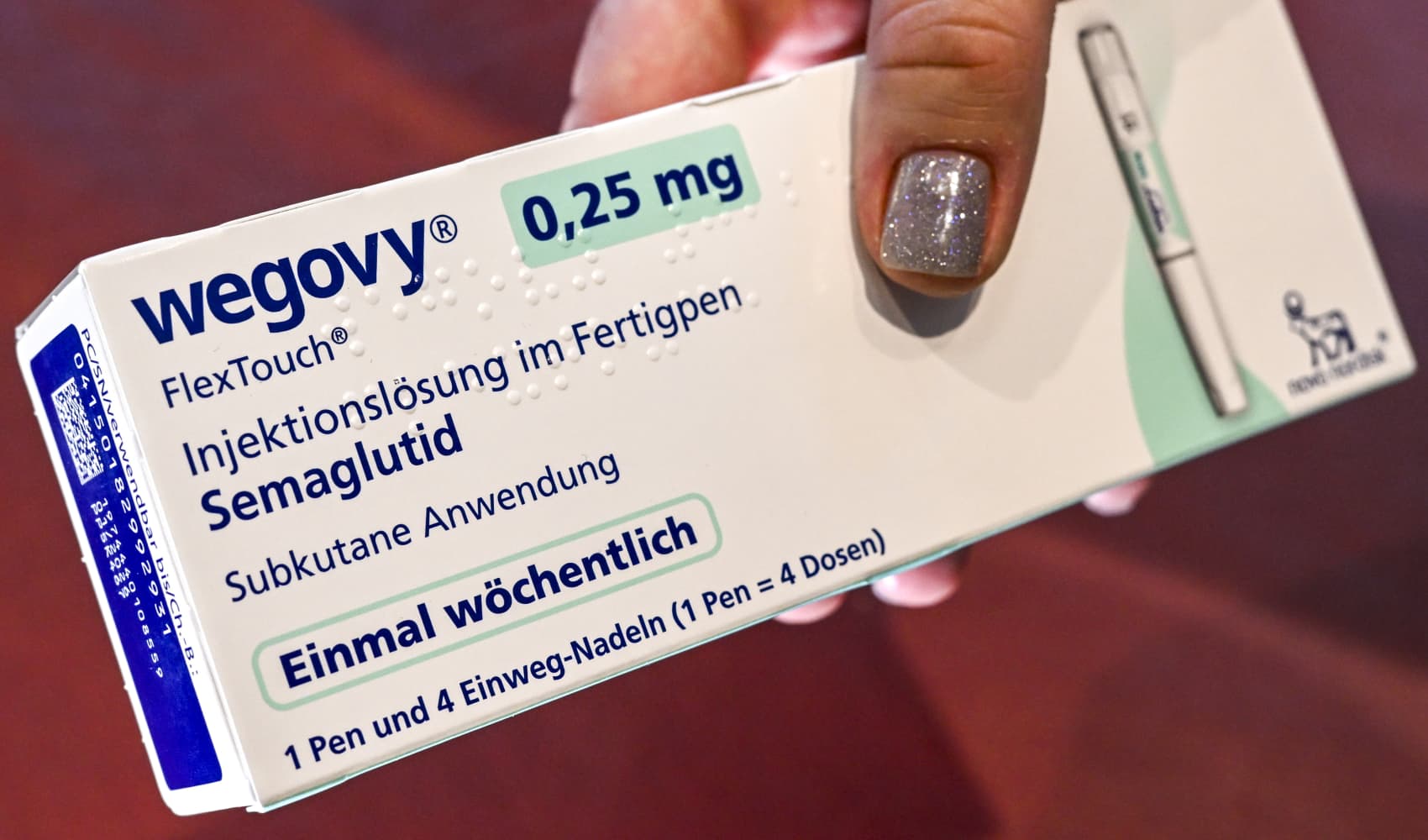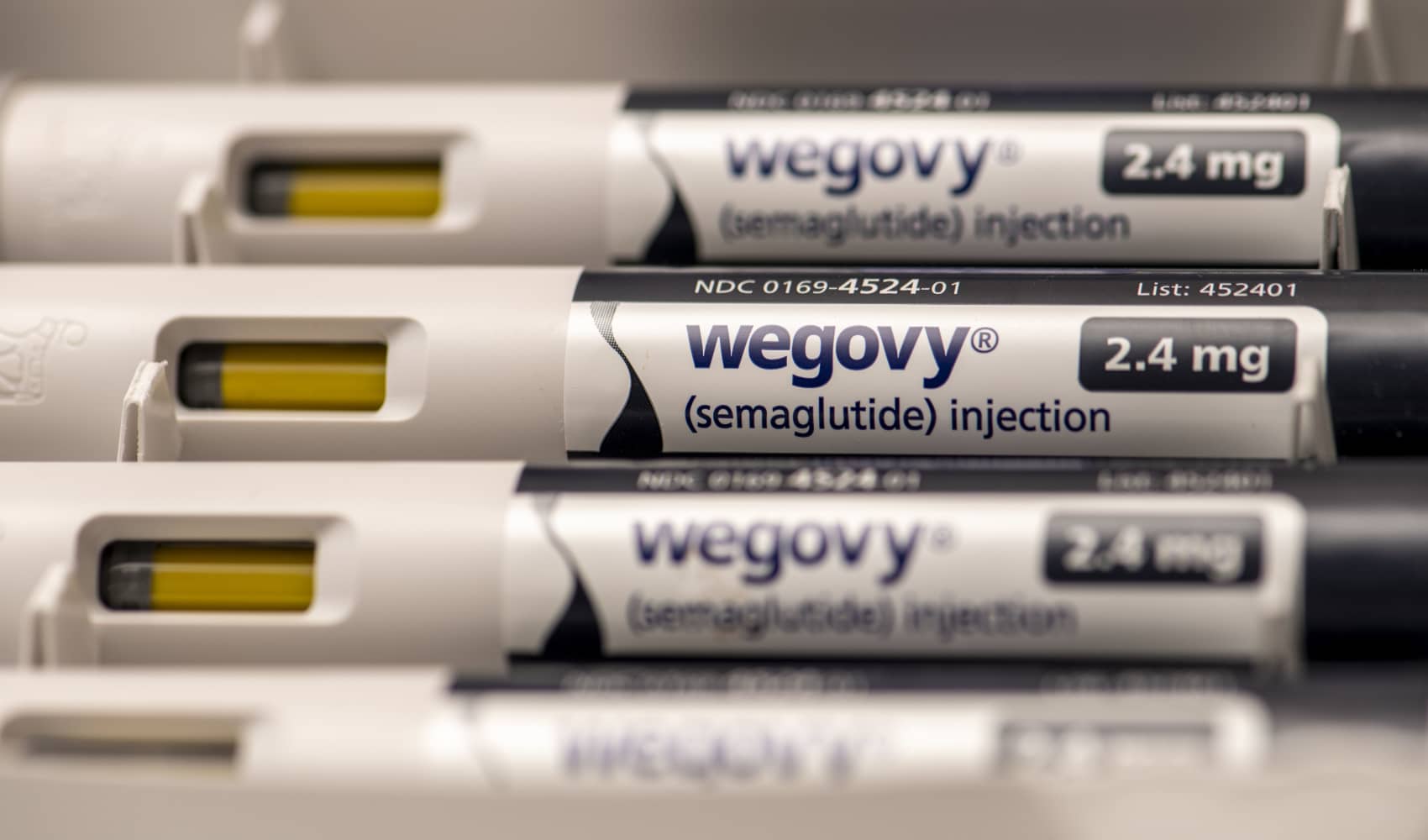Eli Lilly's Weight Loss Pill Succeeds! Diabetes Breakthrough
Eli Lilly's Orforglipron: A Game-Changer in Weight Loss for Diabetics?
The Dawn of a Needle-Free Future: Introduction
Imagine a world where managing type 2 diabetes and shedding unwanted pounds doesn't involve injections. Sounds like science fiction? Well, Eli Lilly might just be turning that fiction into reality. Their experimental oral medication, orforglipron, has aced its first late-stage trial in patients with type 2 diabetes, showing impressive results in both blood sugar control and weight loss. This is huge! Are we witnessing a paradigm shift in how we approach weight management and diabetes treatment?
Orforglipron: Meeting Expectations, Surpassing Hopes?
Eli Lilly announced that orforglipron, a daily pill designed to tackle obesity, successfully met the primary objectives in its initial late-stage clinical trial. What does this mean? Simply put, the pill demonstrated a significant ability to lower blood sugar levels and reduce body weight in patients with type 2 diabetes. And that’s not all – the safety profile appears to be comparable to existing injectable medications, which is a major win!
How Does Orforglipron Work?
While we don't have all the nitty-gritty details yet, orforglipron belongs to a class of drugs known as GLP-1 receptor agonists. Think of GLP-1 as a key that unlocks the body's natural ability to regulate blood sugar and appetite. Unlike existing GLP-1 drugs that need to be injected, orforglipron comes in pill form, making it far more convenient for patients. This difference could be a real game-changer for adherence and overall treatment success.
A Needle-Free Revolution in Weight Loss?
The current weight loss market is dominated by injectable medications. Orforglipron, if approved, would offer a compelling alternative: a daily pill. This could open up treatment to a much wider population who are hesitant about needles. Are you someone who dreads injections? This might be the answer you've been waiting for.
The Significance of Late-Stage Trials
Late-stage trials, also known as Phase 3 trials, are crucial. They involve a large number of participants and are designed to confirm the effectiveness of a drug, monitor side effects, and compare it to commonly used treatments. Passing this hurdle is a significant milestone for orforglipron, signaling that it has the potential to be a safe and effective treatment option.
Blood Sugar Control: A Key Victory
For individuals with type 2 diabetes, maintaining stable blood sugar levels is paramount. This study showed orforglipron's ability to significantly lower blood sugar, bringing patients closer to their target range. This isn't just about numbers on a chart; it's about preventing long-term complications associated with uncontrolled diabetes, such as nerve damage, kidney disease, and heart problems.
Weight Loss: An Added Bonus? No, a Core Benefit!
While blood sugar control is essential for diabetics, the weight loss aspect of orforglipron is equally important. Obesity often contributes to insulin resistance, exacerbating type 2 diabetes. By helping patients shed pounds, orforglipron addresses a root cause of the disease, potentially leading to better overall health outcomes.
Safety Profile: On Par with Existing Treatments
Drug effectiveness is only half the battle; safety is just as crucial. The fact that orforglipron's safety profile is comparable to existing injectable medications is reassuring. This suggests that it's a well-tolerated drug with a manageable side effect profile. Of course, further analysis is needed, but this is a positive sign.
Wall Street's Reaction: Optimism and Anticipation
The financial markets are closely watching Eli Lilly's progress with orforglipron. The initial trial results seem to have met Wall Street's expectations, indicating confidence in the drug's potential. This positive market response could translate into increased investment in further research and development, accelerating the path to regulatory approval.
The Booming Weight Loss Market: A Multi-Billion Dollar Opportunity
The weight loss market is exploding, driven by increasing rates of obesity and a growing awareness of the health risks associated with excess weight. Eli Lilly is poised to capture a significant share of this market with orforglipron, especially if it can successfully position itself as a convenient and effective alternative to injectable medications. Are we about to witness a new era of weight loss solutions?
Future Trials: What's Next for Orforglipron?
This is just the beginning. Eli Lilly is conducting several other late-stage trials to further evaluate orforglipron's effectiveness and safety in different patient populations. These trials will provide a more comprehensive understanding of the drug's potential and help refine its optimal use. Keep an eye out for future updates – this story is far from over!
The Competitive Landscape: How Does Orforglipron Stack Up?
The weight loss and diabetes market is crowded with competitors, including Novo Nordisk's Ozempic and Wegovy. Orforglipron will need to demonstrate a clear advantage in terms of efficacy, safety, or convenience to stand out from the crowd. The fact that it's an oral medication is a major plus, but it will also need to compete on price and insurance coverage.
Potential Challenges and Considerations
Despite the promising results, there are still potential challenges ahead. Regulatory approval is never guaranteed, and Eli Lilly will need to convince the FDA that orforglipron is both safe and effective. Manufacturing and distribution could also present logistical hurdles. And then there's the question of long-term efficacy and safety – will the benefits persist over time?
Impact on Public Health: A Potential Game-Changer
If orforglipron is ultimately approved and widely adopted, it could have a significant positive impact on public health. By providing a more accessible and convenient treatment option for obesity and type 2 diabetes, it could help reduce the burden of these chronic diseases on individuals and healthcare systems. Imagine the possibilities!
Cost and Accessibility: Will Orforglipron Be Affordable?
The cost of new medications is always a concern. To truly make a difference, orforglipron needs to be affordable and accessible to a wide range of patients. This will require careful consideration of pricing strategies and collaboration with insurance companies to ensure coverage. Will this life-changing drug be available to everyone who needs it?
Conclusion: A Promising Step Forward
Eli Lilly's success with orforglipron in its first late-stage trial is undeniably encouraging. The prospect of a needle-free treatment option for type 2 diabetes and obesity is exciting, offering a new hope for millions. While there are still hurdles to overcome, this marks a significant step forward in the fight against these widespread health challenges. The future of weight management and diabetes treatment may never be the same again.
Frequently Asked Questions
Here are some frequently asked questions about Eli Lilly's orforglipron and its potential impact:
-
What is orforglipron?
Orforglipron is an experimental oral medication being developed by Eli Lilly for the treatment of obesity and type 2 diabetes. It belongs to a class of drugs called GLP-1 receptor agonists.
-
How does orforglipron differ from existing treatments?
The main difference is that orforglipron is a pill, while most existing GLP-1 receptor agonists are injectable medications. This makes it a more convenient option for many patients.
-
What were the results of the first late-stage trial?
The trial showed that orforglipron significantly lowered blood sugar levels and reduced body weight in patients with type 2 diabetes. Its safety profile was comparable to existing injectable medications.
-
When will orforglipron be available to the public?
It's difficult to say for sure. Orforglipron still needs to complete further clinical trials and receive regulatory approval from the FDA before it can be marketed to the public. This process could take several years.
-
What are the potential side effects of orforglipron?
While the trial showed a safety profile similar to existing injectable GLP-1s, potential side effects are being studied. The full safety profile will become clearer as more data becomes available from ongoing trials. It is best to consult with a doctor.









